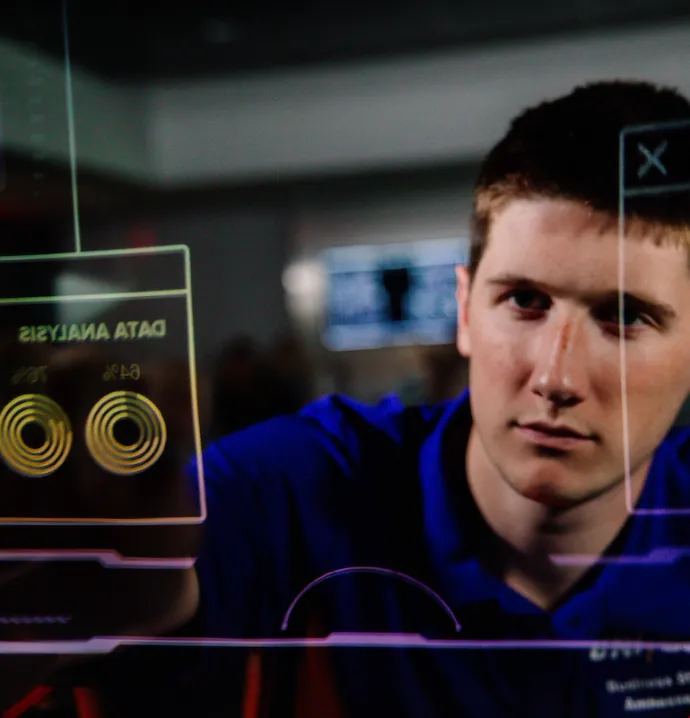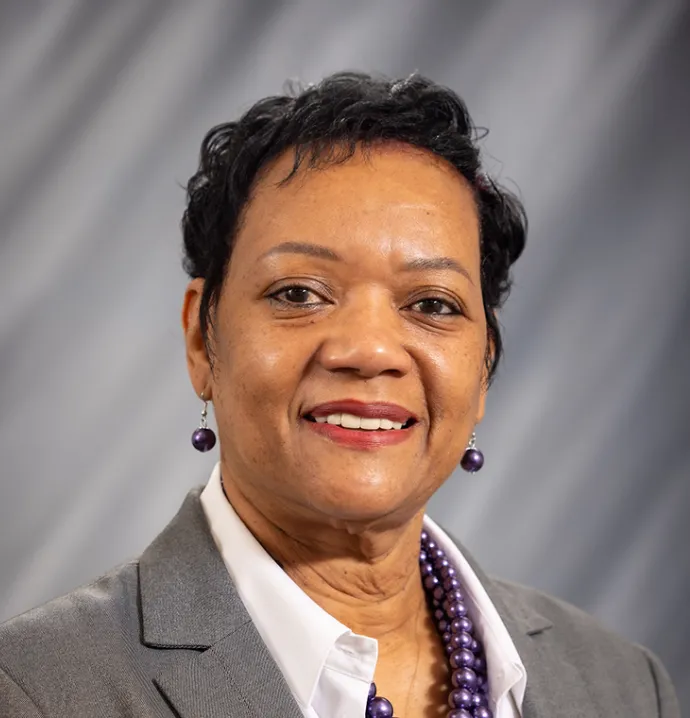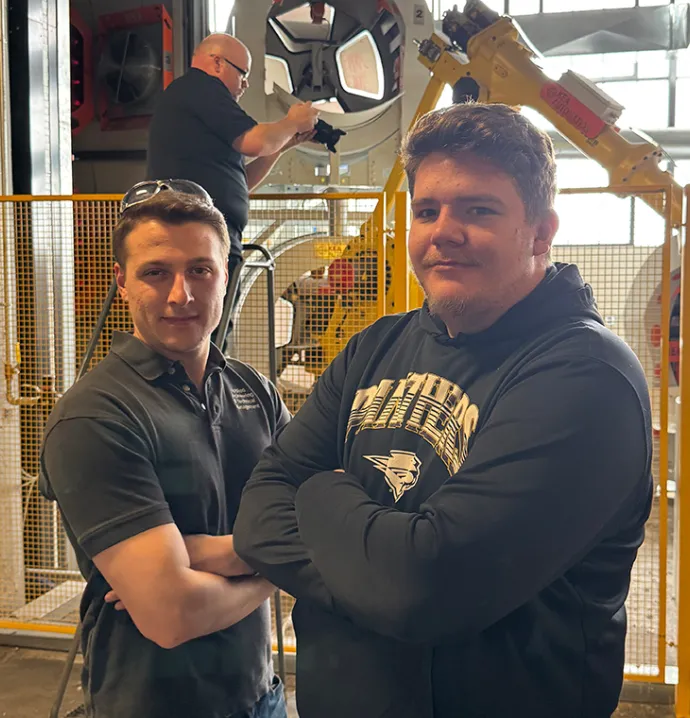UNI supports the national supply chain as the Foundry 4.0 project continues onward
UNI supports the national supply chain as the Foundry 4.0 project continues onward
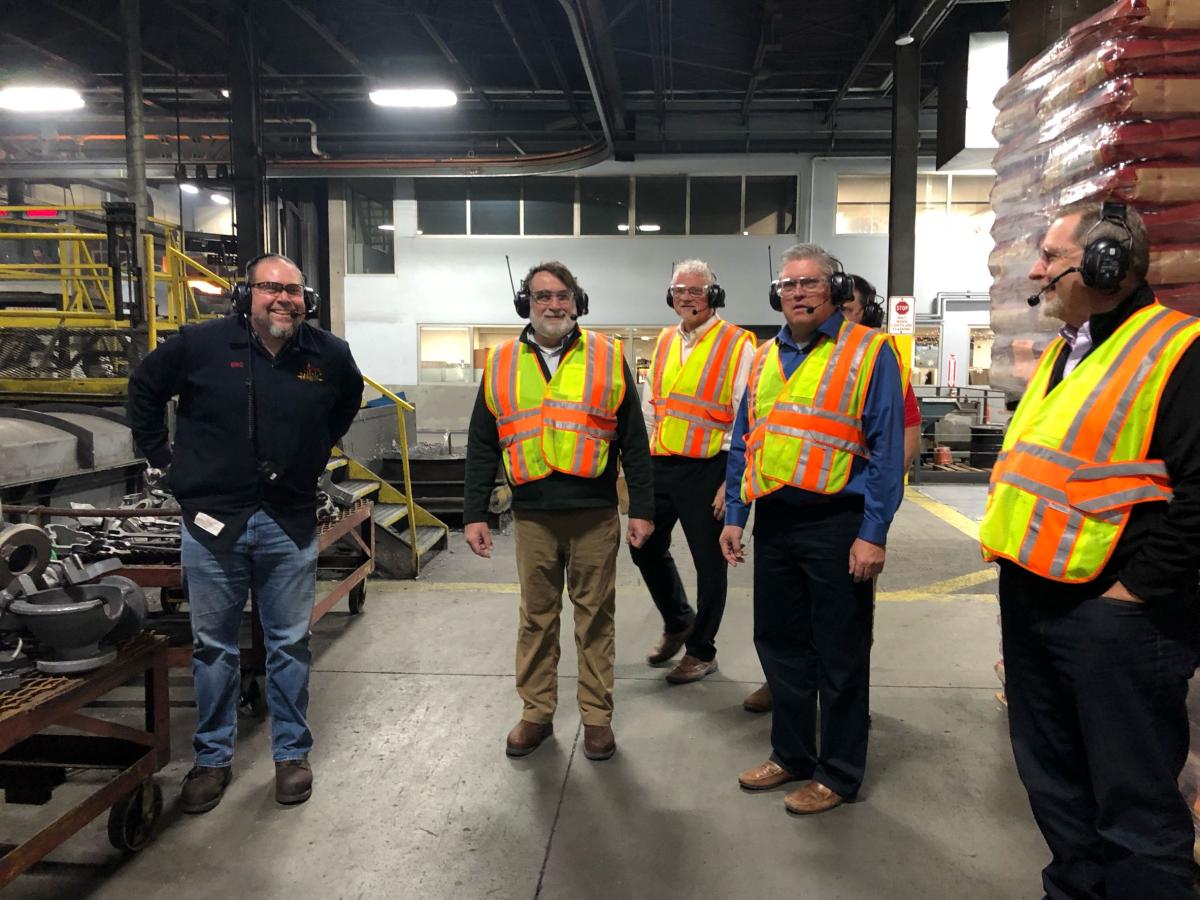
CEDAR FALLS, Iowa — The University of Northern Iowa’s Business and Community Services (UNI BCS) hosted partners from the AMIIC-NCDMM in December, an alliance that continues to support foundries nationwide as they adopt Industry 4.0 technologies and build a supply chain.
“The distinctiveness of this project is that it blends training and applied research with personalized assistance to re-skill the existing workforce, prepare the next generation of our state’s and nation’s workforce and help the company owners create the financial and strategic plan for investing in and managing these technologies,” said Randy Pilkington, executive director at BCS. “It will save existing jobs, create new jobs, and help fortify our nation’s leading position in the global manufacturing supply chain.”
Brian Schmidt and Ken Carson arrived for a five-day visit to the University of Northern Iowa on Dec. 12, 2022. Both visitors are located at the Advanced Manufacturing Innovation and Integration Center (AMIIC) managed by National Centers for Defense Manufacturing and Machining (NCDMM) in Huntsville, Alabama. Brian Schmidt is the program manager for NCDMM and director of laboratory operations at the AMIIC facility and Ken Carson is a senior project engineer. The NCDMM, the Youngstown State University Excellence Training Center (ETC), and three UNI entities under the BCS umbrella have been partnering since the spring of 2022 to increase the adoption of Foundry 4.0 Technologies across the nations to assist the Defense Logistics Agency.
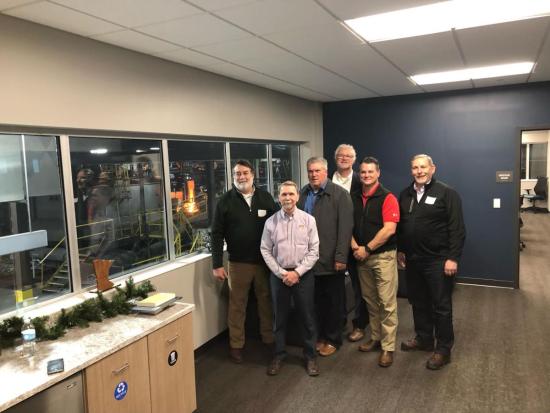 The visitors met with Pilkington and Paul Kinghorn, director of the UNI Center for Business Growth and Innovation (CBGI), along with the CBGI team. A thorough presentation provided insight into the tools and business solutions needed to connect and align operational business strategies with Industry 4.0.
The visitors met with Pilkington and Paul Kinghorn, director of the UNI Center for Business Growth and Innovation (CBGI), along with the CBGI team. A thorough presentation provided insight into the tools and business solutions needed to connect and align operational business strategies with Industry 4.0.
“We are uniting and implementing the technologies to deliver pivotal but understandable client solutions,” said Todd Hutcheson, executive in residence at CBGI. “The CBGI team combines efforts with several knowledgeable student employees solidifying the project efforts.”
As the day progressed UNI President Mark Nook and other UNI officials participated in meet-and-greet sessions. One highlight was the open discussion with John Fritch, dean of the UNI College of Humanities, Arts & Sciences, and Lisa Riedle, the department head of Applied Engineering and Technical Management. Together, they provided insight concerning the design and construction of a new applied engineering building currently in progress at UNI. It is adjacent to the BCS building and will integrate Industry 4.0 technologies for students to learn firsthand as they prepare for the workforce. As UNI, YSU and the NCDMM look to support foundries across the country, the facilities at UNI help lay a foundation for versatile spaces and a workflow that can be applied, integrated and utilized, benefiting foundry owners and future facilities implementing Foundry 4.0 standards.
“It is important that we advance and accelerate the digital transformation of our foundries nationwide. Our partnering teams at UNI and YSU are committed to arming our clients with knowledge and innovation to integrate Industry 4.0 technologies, creating significant gains in efficiency, quality and profitability,” said Jerry Thiel, director of the UNI Metal Casting Center (MCC) and Foundry 4.0 Center (F4C).
The MCC and F4C are housed at the UNI TechWorks Campus in Waterloo, where much of the DLA project development occurs. The campus will continue to expand and evolve into a true hands-on open workshop space where companies can witness the equipment and materials connecting Foundry 4.0 concepts and real-life workspaces.
After their time at UNI, the group embarked on tours of various foundries in the Cedar Valley, including the John Deere Foundry and Advanced Heat Treat, along with the Dotson Iron Castings Foundry in Mankato, Minnesota. The group also visited the Hawkeye Community College Adult Learning Center, where a group of local manufacturing subject matter experts participated in a discussion centered around the challenges in implementing the technologies included in Industry 4.0.
“The transition to safer and state-of-the-art industry 4.0 technologies is more important than ever,” said Schmidt. “Foundries nationwide need to learn and adjust to new concepts and opportunities of Industry 4.0. Collectively, we must strive towards sustainability and resilience. This partnership will strengthen our ability to navigate effectively within a changing landscape.”


